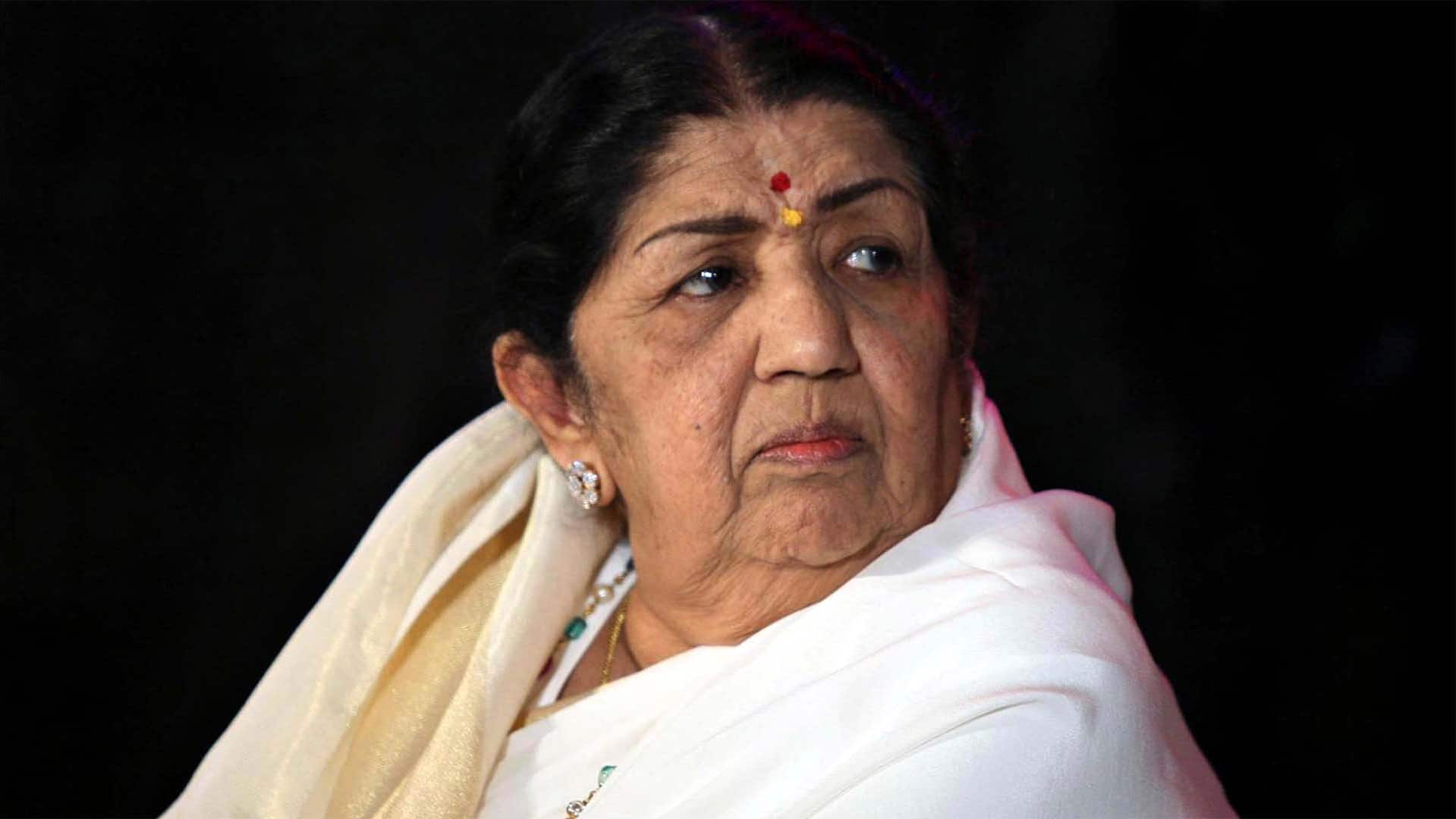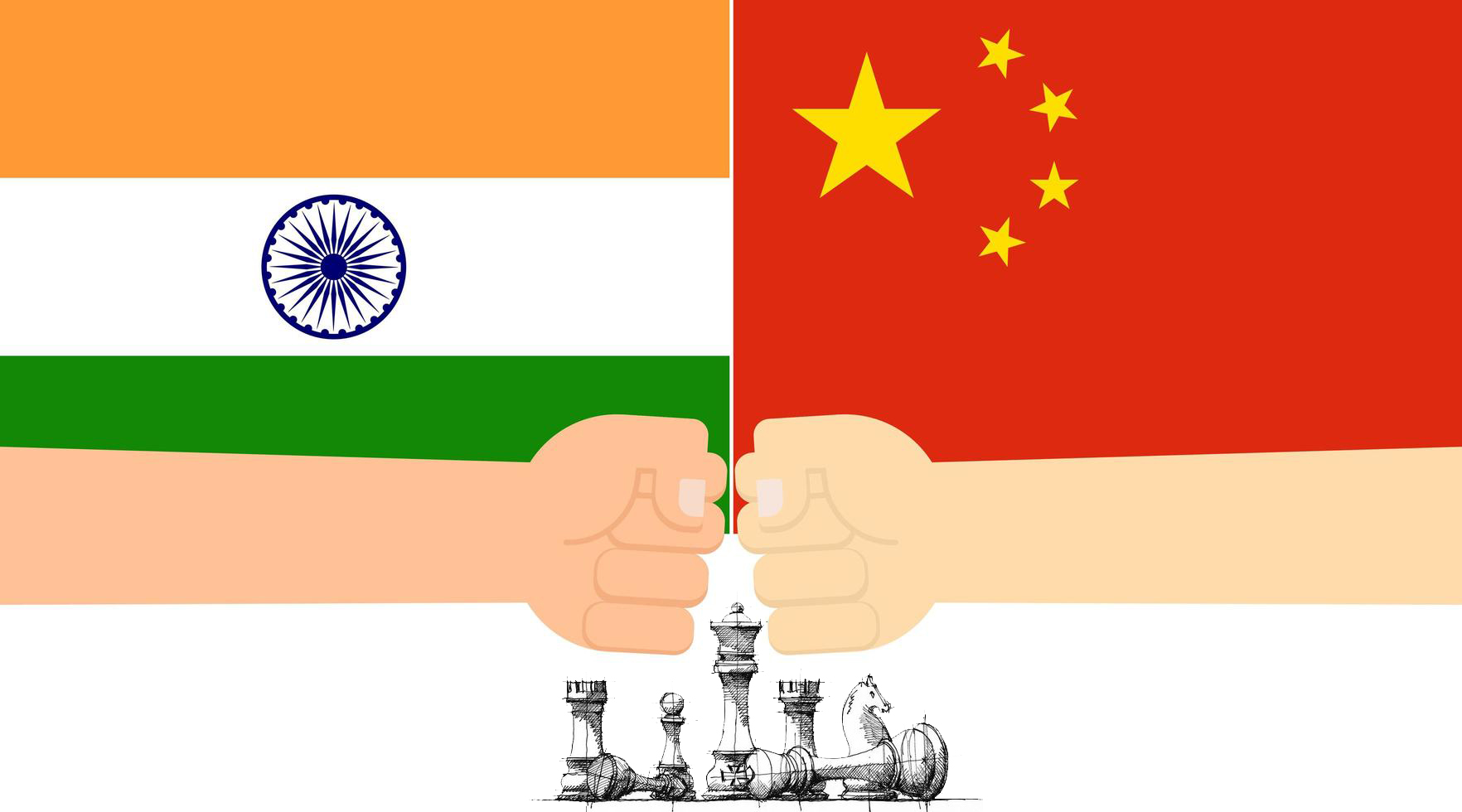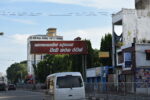A TRIBUTE TO THE “NIGHTINGALE OF INDIA”

Lata Mangeshkar, one of the most prolific Indian singers and artists of her generation, passed away on 06th February at Breach Candy Hospital in Mumbai at the age of 92 due to multi-organ failure after being tested positive for COVID-19. The cremation was held the same day with full state honours at Shivaji Park of the city. With the demise of this playback singer, having a musical career spanning seven decades, India has lost one of its greatest singers of all time. Her mellifluous voice touched the hearts of not only Indians but also of a whole generation of Sri Lankan music-lovers who remained captivated by her mesmerising voice. “Sri Lanka, Maa Priyadara Jaya Bhoomi” (meaning “Sri Lanka, My Beloved Victorious Motherland!”), the iconic patriotic song she sang in Sinhalese for a Sri Lankan film in the 1950’s, would, undoubtedly, linger on in the memory of her Sri Lankan fans, transcending all ethnic borders.
Lata Mangeshkar was born on 28th September 1929 as the eldest in a Maharashtrian Brahmin family in Indore in present-day Madhya Pradesh. Her father, Deenanath Mangeshkar, was a classical singer and theatre actor. Receiving her first lessons in music from her father who, unfortunately, died of heart disease when she was just 13 years, Mangeshkar started to work as an actress in her father’s musical plays. Lata was named “Hema” at birth, but her parents later renamed her Lata after Latika, a female character in one of her father’s plays. Her siblings-three younger sisters and one younger brother-are also talented singers and musicians.
Mangeshkar was a recipient of many accolades and honours, among them “Bharat Ratna” (2001), the highest civilian award in the Republic of India, “Padma Vibhushan” (1999) and “Padma Bhushan” (1969), the second and third-highest civilian awards in the country respectively. She was also honoured with “Dadasaheb Phalke Award” (1989), India’s highest award in the field of cinema.
In 2007, France conferred on her its highest civilian award, the National Order of the Legion of Honour. It was established in 1802 by Napoleon Bonaparte and was retained by later French governments with slight alterations. In 1974, she was among the first Indian playback singers to perform at Royal Albert Hall in London.
In June 1985, the United Way of Greater Toronto invited her to perform at a concert at Maple Leaf Gardens. At the request of Morna Anne Murray (born in 1945), a Canadian singer, Mangeshkar sang her song “You Needed Me”, drawing a crowd of 12,000 and raising $ 150,000 for the charity.
Mangeshkar, also a music composer and film producer, has earned for her throughout her musical career the honorific nicknames of the “Nightingale of India”, “Voice of the Millennium” and “Queen of Melody” and has sung some 30,000 songs over 36 Indian languages, primarily in Hindi, Bengali and Marathi, and in a few foreign languages. The Sinhalese patriotic song she sang for “Seda Sulan” (Heavy Winds), a film screened in Sri Lanka in 1955, will be remembered forever by the Sri Lankans for its haunting, melancholic melody. The song, which is a tribute to Sri Lanka’s glorious past, was composed by Ananda Samarakoon (1911-1962), a born Sinhalese composer and musician. He composed the Sri Lankan national anthem “Namo Namo Matha” (officially adopted in 1951) and is regarded as the father of artistic Sinhalese music and the founder of the Geetha Sahitya (Song Literature). Samarakoon, who was born a Christian, but later embraced Buddhism, studied art and music at Visva-Bharati University in Shanti Niketan in West Bengal, India.

Mangeshkar, who was also a member of parliament in the Rajya Sabha (1999-2005), was a cricket fan. Sri Lanka’s World Cup winning captain Arjuna Ranatunga told media that he cannot forget his first meeting with this beloved singer and “an ever-enterprising lady” when they played the charity match to raise funds for her cancer hospital in Pune in 2003.
Meanwhile, Sri Lankan leaders have deeply condoled on the passing away of this Indian singing legend. Sri Lanka President Gotabaya Rajapaksa said in a message that her demise is an insurmountable void in the field of music itself. He noted that the song she sang in Sinhalese is one of the greatest contributions to the Sri Lankan film industry.
In his message of condolences, Prime Minister Mahinda Rajapaksa too admitted that her song is an immortal memory for the whole of Sri Lanka and thanked Mangeshkar for the decades of entertainment that transcended borders and gave life to the phrase ‘music is a universal language’. ***







